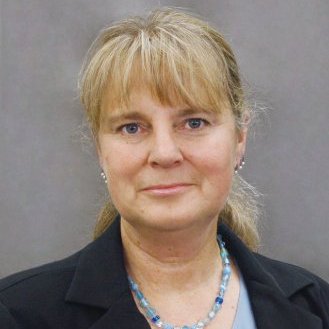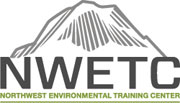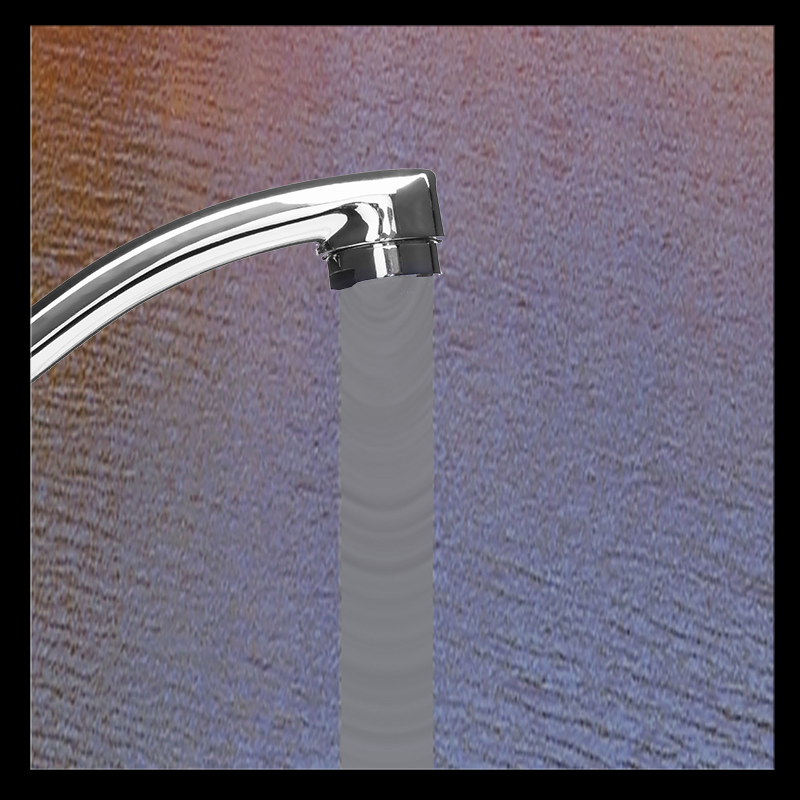
Dr. Heath has 30 years of experience in the fields of chemical product safety and environmental contamination. Drinking water contamination has been a theme of her work throughout her career, from her dissertation topic (public drinking water supplies wells contaminated with chlorinated solvents) to her early work as an intern with a state health department (primarily lead, chlorinated solvents and petroleum products in drinking water) and on throughout her long consulting career (e.g., assessing risks associated with domestic use of contaminated groundwater) and continuing on to her work as an expert witness in litigation.
Dr. Heath’s education provides a broad perspective on public health issues in general and drinking water specifically, from her nursing degree (she is a registered nurse in Colorado and New York) to her M.S. in Nutrition and Toxicology (North Carolina State University), from her B.S. in Public Health (University of Massachusetts at Amherst) to her M.A. in Public Policy Studies (Duke University), and on to her Ph.D. in Environmental Toxicology (Cornell University), which included minors in Organization Behavior and Public Policy.
She has decades of experience with lead (Pb), from animal studies in the laboratory to collection of blood samples from children, from a school drinking water fountain to expansive hard rock mines, from residual of leaded gasoline to serving as an expert in childhood lead poisoning cases. Her experience with PFOS and PFOA is more recent, including extensive research, development of case studies, and development of meeting presentations and informational papers.










